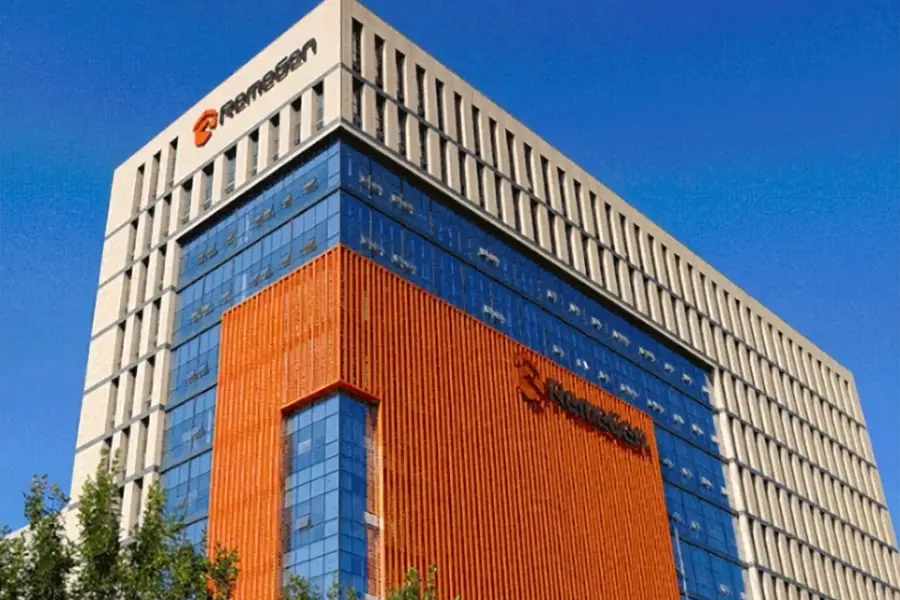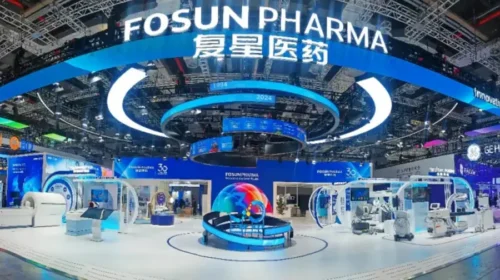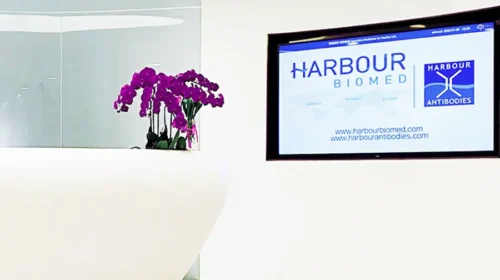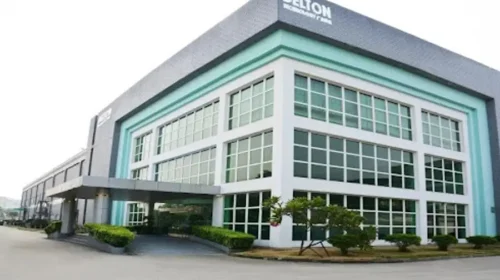RemeGen’s $4.2 billion licensing deal falls flat with investors

The biopharma firm had fanned excitement over a rights deal for its autoimmune drug but the eventual terms, with just a small portion of upfront cash, left the market disappointed
Key Takeaways:
- RemeGen gets $45 million of cash up front, a mere 1% of the total deal value
- The low-cash rights deal with a U.S.-based biotech may not ease the Chinese company’s debt repayment pressure in the short term
By Molly Wen
A licensing deal with a U.S. pharmaceutical partner would usually be good news for a Chinese drug developer, providing much-needed cash for ongoing innovation.
But the typical playbook did not apply in the case of RemeGen Co. Ltd. (688331.SH; 9995.HK). When the company announced late last month that it had struck a deal over international rights to its approved treatment for autoimmune disorders, its shares tumbled on both the Hong Kong and Shanghai stock markets.
The headline value of the agreement amounted to $4.2 billion, making it one of the top five partnership deals in the Chinese innovative drug industry so far this year. So why did the news go down so badly with investors?
The answer lies in the fine print of the agreement,announced on June 26. RemeGen granted exclusive rights to develop and sell its biological agent telitacicept outside of Greater China to a U.S.-based biotech, Vor Bio (VOR.US). The Chinese firm gets $45 million in upfront cash, stock warrants valued at $80 million and up to $4.11 billion in conditional payouts linked to clinical and commercial milestones. It also stands to receive a percentage of annual net sales pitched in the high single digits or in the double digits, according to the announcement.
Crucially, the deal design is fundamentally different from other marquee transactions of this type in the drug industry, which perhaps explains the market’s cool response,
The relatively small amount of upfront cash appears to have been a red flag. The $45 million cash downpayment is a mere 1% of the total deal value. By contrast, 3SBio pocketed a $1.25 billion upfront payment from global pharma giant Pfizer in a recent deal, equivalent to nearly 21% of the $6.05 billion headline figure.
Meanwhile, RemeGen can acquire around 23% of Vor Bio’s enlarged issued share capital through the $80 million in warrants, in place of a more standard cash payment, but this could be seen as a high-risk strategy of exchanging product rights for equity.
Investors sent the company’s share price down 18.36% in Shanghai and 11.71% in Hong Kong on the day of the announcement, reversing gains built on inflated expectations of an imminent rights deal. Two weeks earlier, RemeGen had stated on its official account that executives from several pharmaceutical multinationals had expressed interest in licensing telitacicept, implying that a blockbuster partnership was in the offing. That teaser alone sparked a 20% single-day surge in RemeGen’s Hong Kong share price.
Once revealed, the identity of the partner turned out to be a disappointment for investors. Vor Bio is essentially a shell company rather than a big pharma brand, having disclosed in early May that it had terminated all its clinical programs and slashed its workforce by 95% to just eight employees.
The U.S. firm held only $50.047 million in cash in the first quarter of this year, and even faced a Nasdaq delisting warning after its stock price persistently traded below $1. To coincide with the RemeGen announcement, Vor Bio unveiled plans for a private share placement to raise around $175 million in fresh funds, but doubts persist over its ability to support the overseas development of the RemeGen drug.
Tricky to do deals in the later stages
High-value deals over drug rights tend to involve early-stage pipelines, as was the case with 3SBio. RemeGen’s injectable drug has already launched on the Chinese market as a weapon against autoimmune diseases. Telitacicept was approved in China in 2021 to treat systemic lupus erythematosus, rheumatoid arthritis and myasthenia gravis, with sales rising 88% last year to 970 million yuan, contributing just over half of RemeGen’s total revenue.
With this track record, telitacicept could command a high value in a conventional license-out deal. The drug has also gained clearance from U.S. regulators to enter Phase Three trials for systemic lupus erythematosus, IgA nephropathy and myasthenia gravis, with patient enrollment underway. A product with late-stage data and clear revenue prospects might be expected to carry a high price tag. Yet big pharma companies tend to balance commercial investment against projected returns, creating mismatched valuation expectations that can stall deals.
That would explain why RemeGen opted for a low-cash model with Vor Bio. With a 23% equity stake, it can stay deeply involved with the overseas development of its drug, mitigating risks through the capital raised in the private placement. If the drug succeeds globally, RemeGen stands to benefit from both milestone payments and rising equity value, while sharing in any risks relating to the viability of Vor Bio.
RemeGen’s share price fell for three straight days after the deal news, but it rebounded over the next three days. By July 4, the share price had returned to the pre-announcement level of HK$67.8. The company currently trades at a price-to-sales (P/S) ratio of around 20 times, significantly higher than the 6 times for 3SBio, indicating that a chunky premium has already been priced in. Still, investors should note that RemeGen reported just 700 million yuan in cash at the end of the first quarter and faces acute pressure to repay short-term debts. This low-cash deal seems unlikely to ease the immediate financial strain.
To subscribe to Bamboo Works free weekly newsletter, click here





